#Leadership : From Old-School To-Do Lists To How Google Hires: August’s Top Read Leadership Stories…August’s Top Leadership Stories May Get you to Take your To-Do List Analog and Help you Get Noticed by a Google Recruiter.
This month we learned how Patagonia recoups 91% of the cost of onsite child care, why an Industrial Age to-do list hack still has life in it, and why Google is thinking more creatively about hiring engineers than it used to.
These are the stories you loved in Leadership in August 2016:
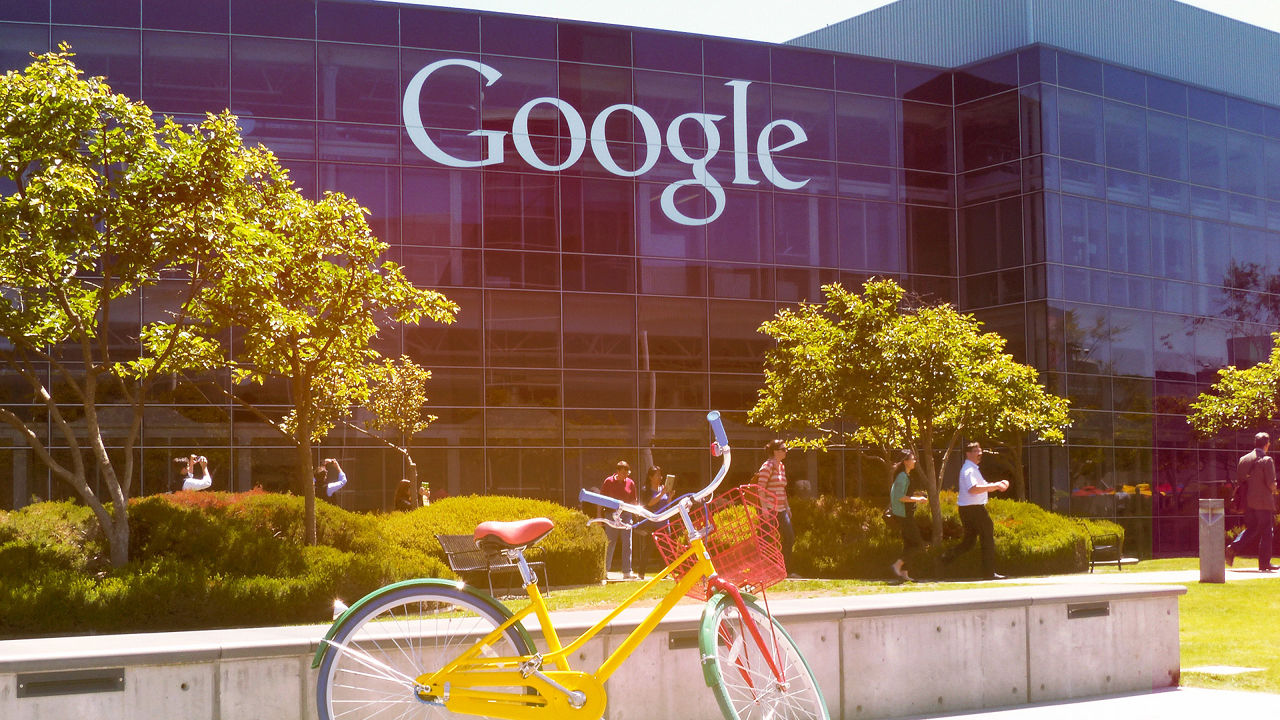
1. I HIRE ENGINEERS AT GOOGLE—HERE’S WHAT I LOOK FOR (AND WHY)
Google recruiter Keawe Block says the company’s methods for hiring tech talent have been getting more holistic. That’s by design: “We’re as interested in English or philosophy majors as we are in computer science degree holders. We don’t really care if you have a 4.0 GPA, and we’re not interested in whether you can figure out how many golf balls fit inside a 747.”
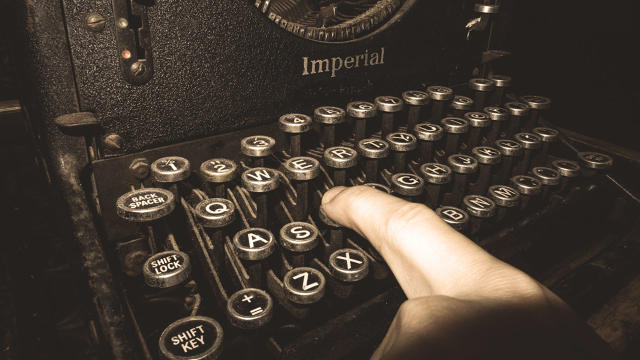
2. THIS 100-YEAR-OLD TO-DO LIST HACK WORKS LIKE A CHARM
Long before that nifty task-management app on your smartphone, an industrialist paid a hefty sum for this stupidly simple productivity method. A century later, it’s still as useful as ever. Here’s why and how it works.
Like this Article ? Share It ! You now can easily enjoy/follow/share Today our Award Winning Articles/Blogs with Now Over 2.5 Million Growing Participates Worldwide in our various Social Media formats below:
FSC LinkedIn Network: (Over 15K+ Members & Growing !) www.linkedin.com/in/frankfsc/en
Facebook: (over 12K) http://www.facebook.com/pages/First-Sun-Consulting-LLC-Outplacement-Services/213542315355343?sk=wall
- Google+: (over 800K)https://plus.google.com/115673713231115398101/posts?hl=en
- Twitter: Follow us @ firstsunllc
educate/collaborate/network….Look forward to your Participation !
Continue of article:
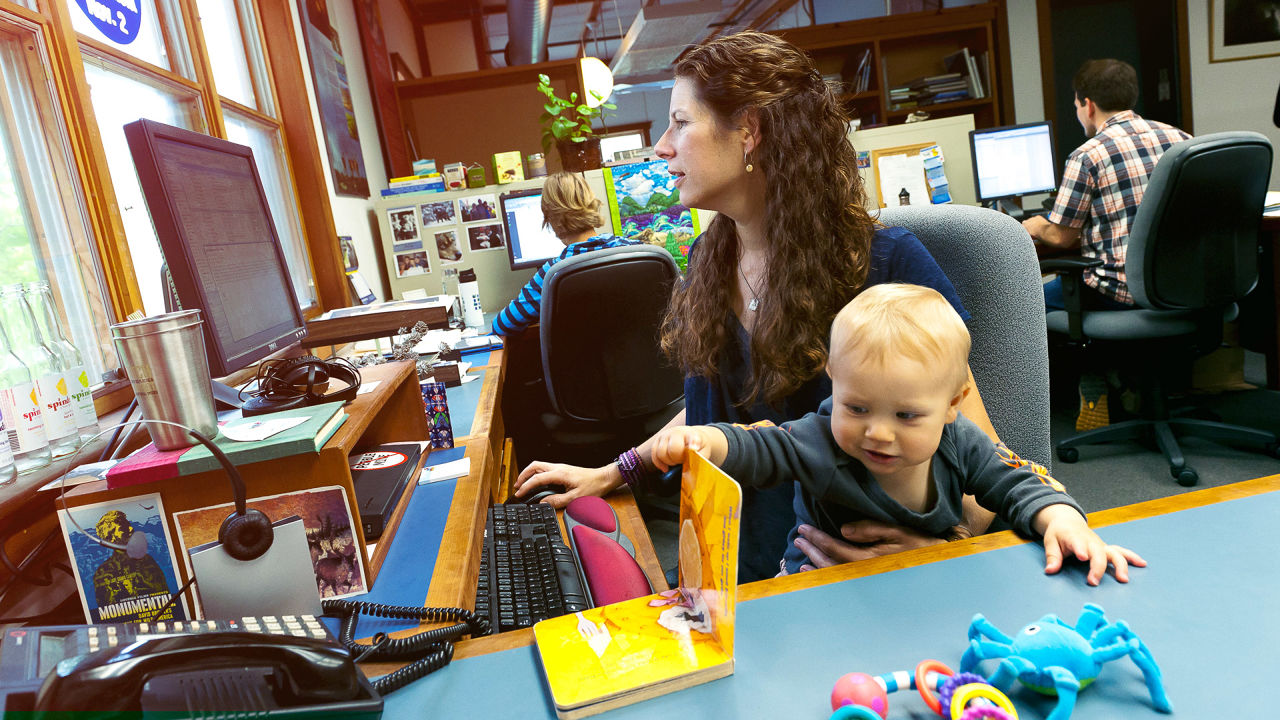
3. PATAGONIA’S CEO EXPLAINS HOW TO MAKE ONSITE CHILD CARE PAY FOR ITSELF
Most corporate execs barely give a second thought to the idea of offering onsite child care to employees, imagining that it would be ludicrously expensive. But Patagonia CEO Rose Marcario points out that not only has the company been doing just that—sustainably—for years, it actually recoups more than 90% of the costs. This month she showed us the math.
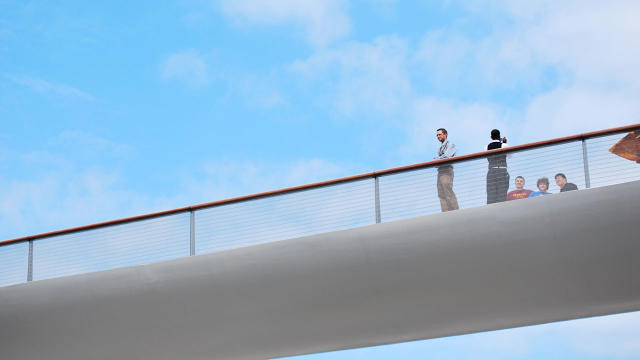
4. 6 THINGS YOU’RE DOING THAT YOU’LL SERIOUSLY REGRET IN 10 YEARS
One recent survey by a major insurance company found that nearly one-third of American adults regret at least one big decision in their lives. And harboring regrets, some experts say, may have long-term consequences. Here’s a look at the some of the most common sources of regret and what to do about them.

5. SIX BRAIN HACKS TO LEARN ANYTHING FASTER
Picking up new skills is crucial to your career but often takes time you don’t have. But psychologists and brain scientists are understanding more about how we learn. This month we picked up a few research-backed tips for optimizing that process.

6. THIS IS YOUR BRAIN’S DEFAULT SETTING—HERE’S HOW AND WHEN TO CHANGE IT
Is overconfidence always a bad thing? Scientifically speaking, it depends. There may be more than one psychological source of overconfidence, which researchers suspect may be our brains’ way of saving us mental energy. This week we learned how to hack that system when we need to.

7. THE RESULTS ARE IN: SPORTS REPORTING IS AS SEXIST AS YOU’VE ALWAYS SUSPECTED
According to Cambridge University researchers, sports reporters are more likely to call women athletes “girls” than to refer to their male counterparts as “boys.” That may not surprise you, but it doesn’t end there. Here’s a close look at how gender bias pervades the vocabulary of sportscasts—including at the Rio Olympics.
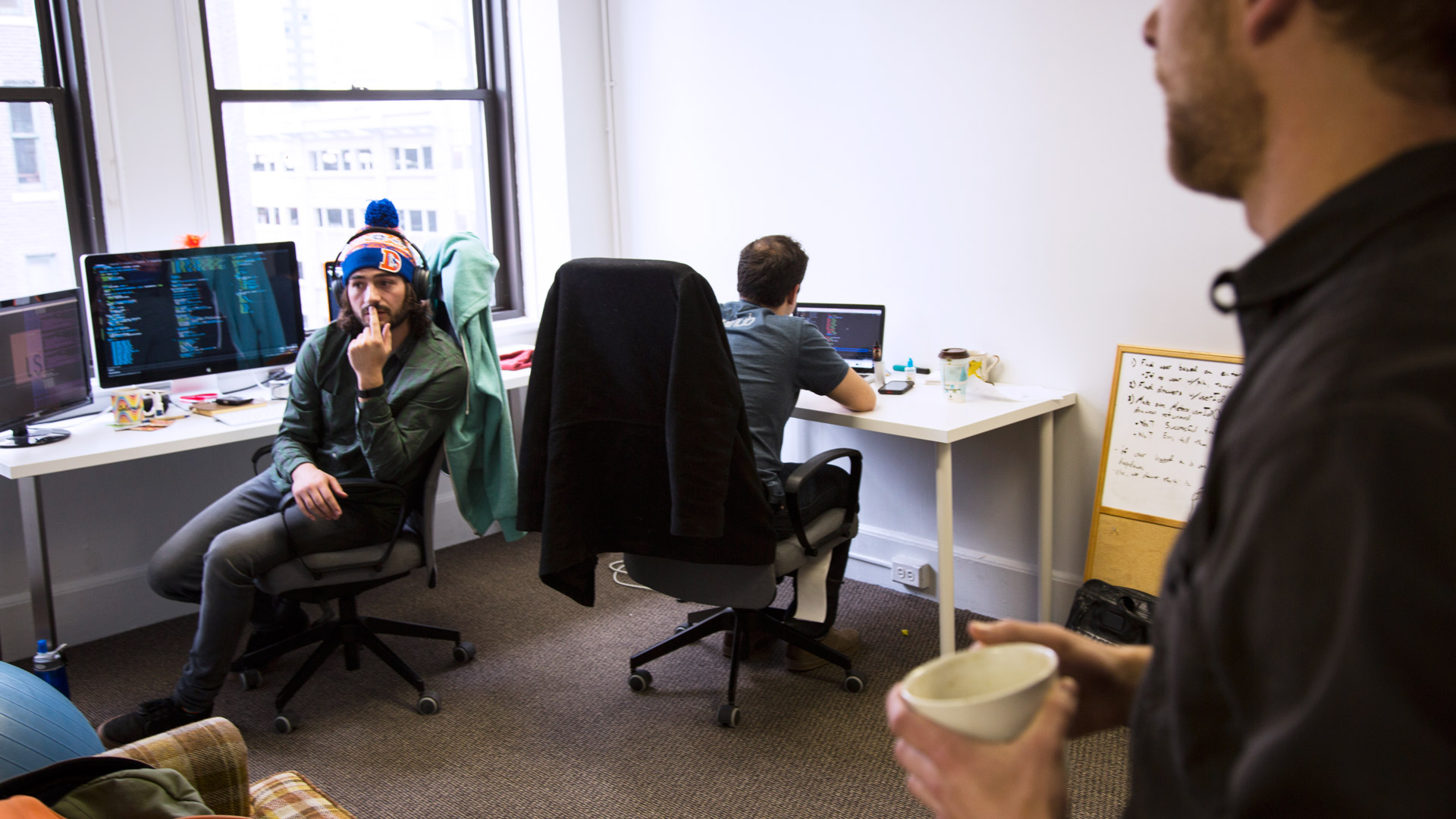
8. THIS IS WHAT IT’S LIKE TO WORK FOR A MARIJUANA STARTUP
Feeling like it’s high time to quit your day job and get into the (legal) weed business? This month some leaders in the budding industry offer a stone-cold-sober look at life in cannabis tech.

9. HIRING LESSONS FROM THE GUY WHO RECRUITED 9,000 PAID STAFFERS FOR THE OLYMPICS
From sheer volume and tight deadlines to local hiring quotas and diversity goals, Paul Modley had his work cut out for him when it came to staffing the 2012 London Olympics—work that began a full five years prior. Here’s how he pulled it off and what he learned in the process.

10. DO FEMALE ATHLETES GET STIFFED BY THE SPORTS INDUSTRY?
The Rio Olympics offered a brief moment of equality for women’s athletics, which on average draw far less coverage and, subsequently, fewer fans and sponsorship dollars than men’s teams do. Here’s a look at the vicious industry circle in which the world’s top female athletes are caught.
FAST COMPANY STAFF 09.02.16 5:00 AM
